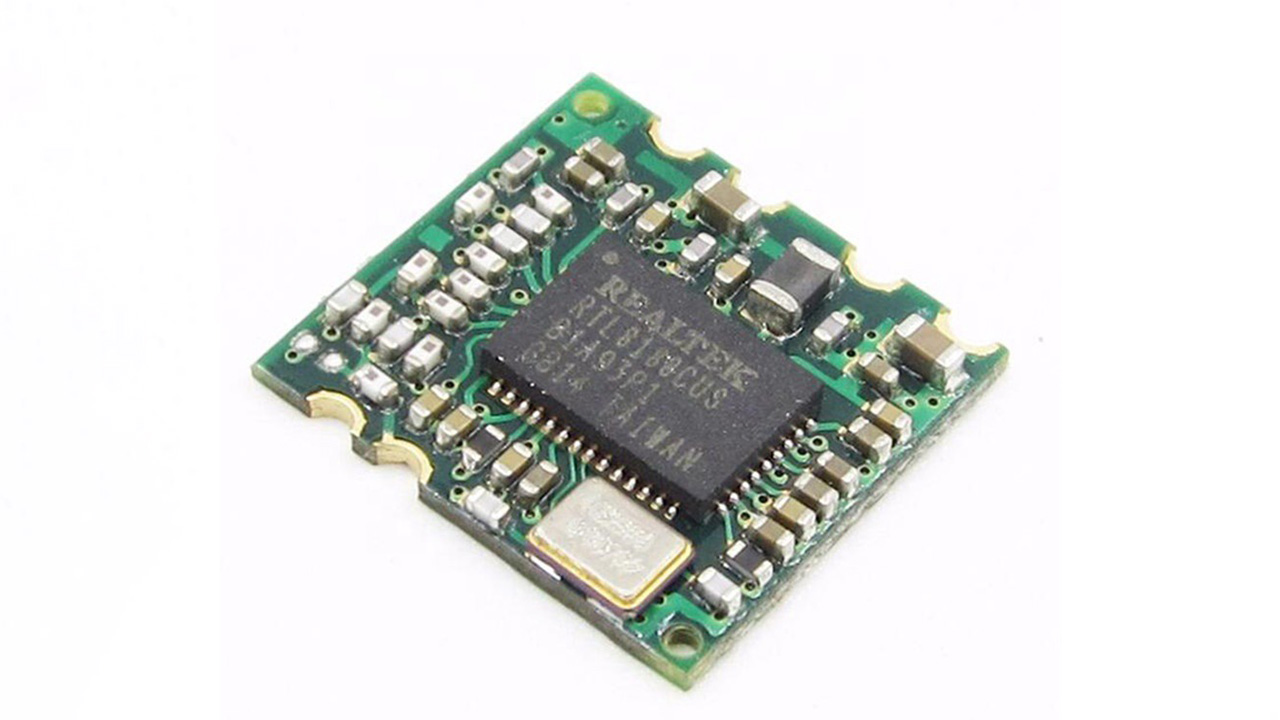Maker Squeezes Linux SBC Into Cell Phone Charger
Hidden in plain sight
In the ongoing contest to find the world’s smallest booting computer, we might have found a new contender. In a post via Hackaday, prolific builder of things Ryan Walker has posted on Medium about his project to squeeze a fully functional Wi-Fi router into the casing of a phone charger. And for once this doesn't involve a Raspberry Pi rather an alternative single board computer has been chosen.

The project, which Walker describes as a ‘Pineapple’ (a router designed for network attacks and exploits that you connect to your target’s network for password sniffing, man-in-the-middle attacks and other nefarious network noodling), is designed to look completely innocuous, housed inside of a typical phone charger case. It boots Linux on an Allwinner A33 (a quad-core processor used in cheap Android tablets) with 1GB of DDR3 and an SD card for storage.
The device, from initial CAD files to final firmware, is planned to be completely open-source, hence the rather down to earth Bill of Materials (BoM) that lists easily sourced parts. The initial prototype uses USB Wi-Fi adaptors, but the plan is to use a dedicated chip for seamless integration into the device.
Aside from its potential security implications, this project shows the interesting story behind what’s effectively a DIY SBC, and we look forward to the second part of Walker’s blog, in which he promises to detail more of the process of putting the thing together, and making it small enough to fit in a phone charger casing. He’s already wrestling with the power supply implications - and we suspect the final product won’t be able to charge your phone.
Get Tom's Hardware's best news and in-depth reviews, straight to your inbox.

Ian Evenden is a UK-based news writer for Tom’s Hardware US. He’ll write about anything, but stories about Raspberry Pi and DIY robots seem to find their way to him.